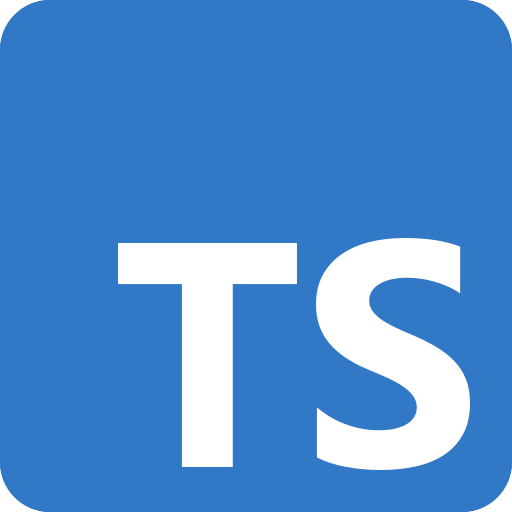Thoughts on TypeScript and Sports Software Engineering
23 Jan 2024
Introduce
As I learned this module of TypeScript, I found it to be a compelling and valuable programming language, especially compared to my previous experience using JavaScript and other strongly typed languages such as Java and C #.
TypeScript’s static typing and enhanced features provide a powerful development experience, improving code maintainability and extensibility.
TypeScript and other programming languages
Before encountering TypeScript, my main experience revolved around languages such as JavaScript and C. Although these languages provide flexibility and rapid prototyping capabilities, they often introduce challenges in larger code repositories due to the lack of type enforcement.
TypeScript bridges this gap by providing optional static types, enabling developers to catch errors at compile time rather than runtime. This feature significantly improves code quality and developer productivity.
Sports Software Engineering and Practice WOD
At first, I found that due to the time constraints imposed and the pressure to efficiently complete tasks, WOD can bring stress. However, over time, I began to appreciate this learning approach because it mimics real-world coding scenarios where deadlines are tight and quick decision-making is crucial.
The iterative practice of WOD has improved my ability to write clean and efficient code under pressure, as well as my problem-solving skills.
AI Usage Statement
This article was written with the help of artificial intelligence, providing grammar and style suggestions. The content, reflections, and viewpoints presented are entirely my own.